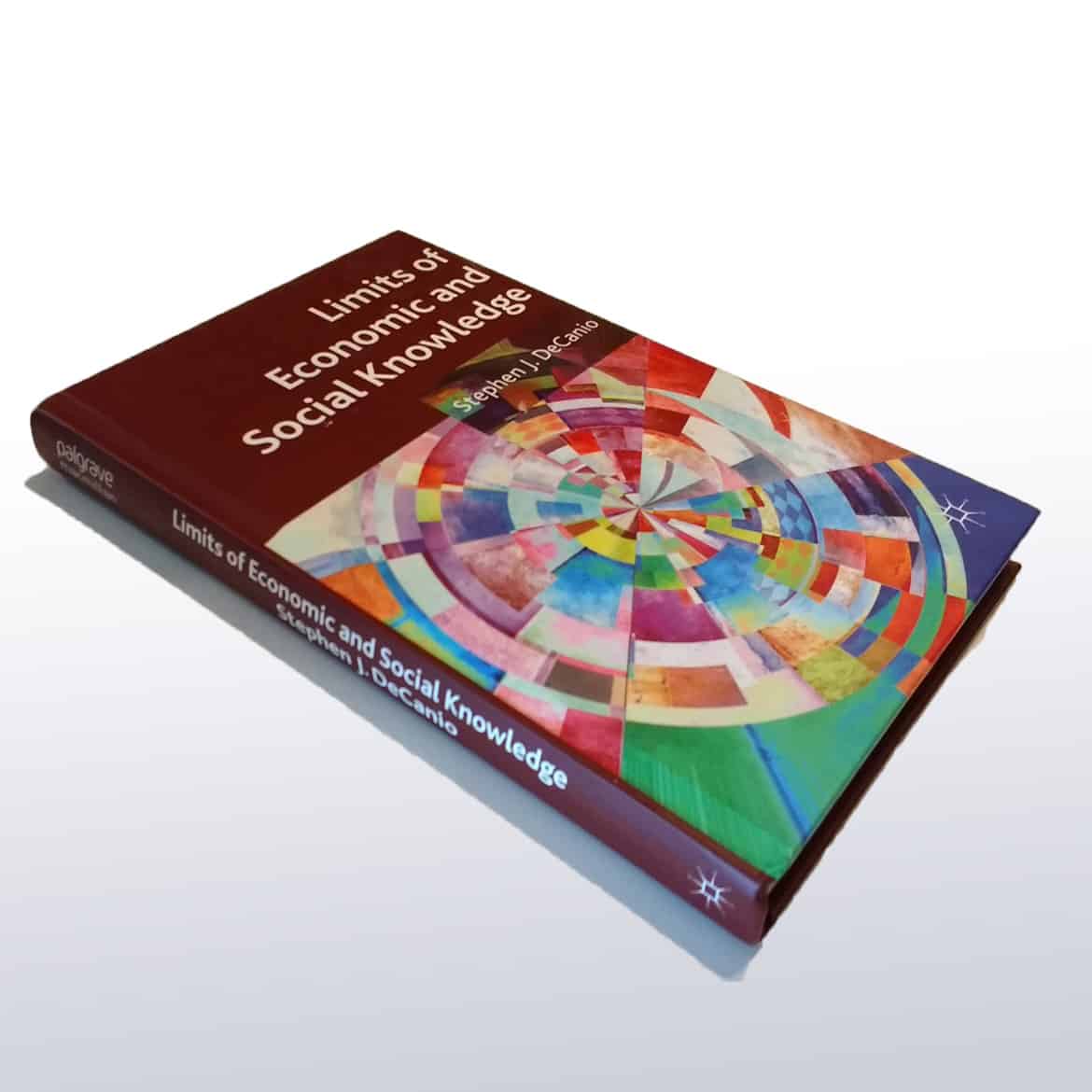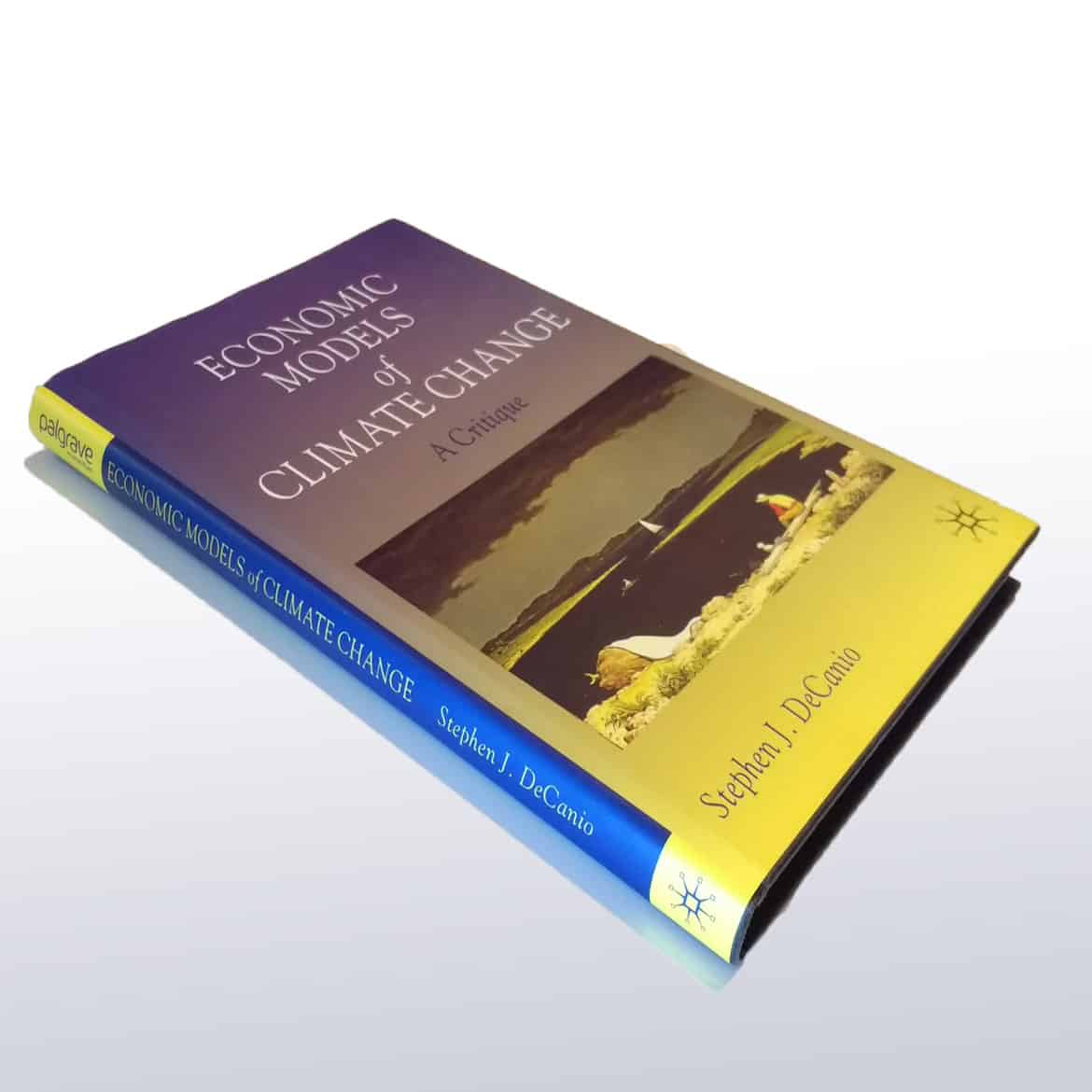30 Jun The Montreal Protocol at 20: Ongoing Opportunities for Integration with Climate Protection
"The Montreal Protocol at 20: Ongoing Opportunities for Integration with Climate Protection" (with Catherine S. Norman and Lin Fan) Global Environmental Change 18, 2008
Abstract
The Montreal Protocol, implemented because of the risks posed by stratospheric ozone depletion, has successfully brought about international cooperation to address a serious global environmental hazard. We show how flexibility in destruction offsets could improve efficiency and propose a simple methodology to jointly...



